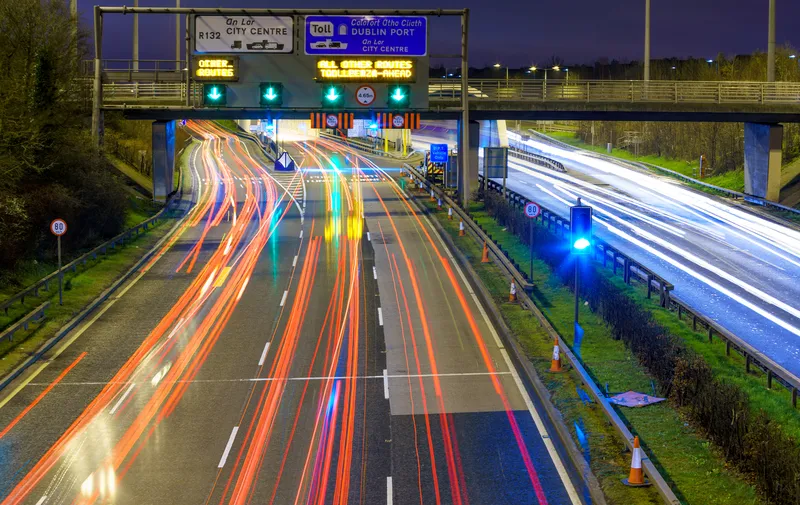The implementation of smart motorways in Northern Ireland would make economic, environmental and safety sense, according to the
Responding to a study commissioned by the roads authority, TransportNI, which outlines the proposal of the M1 and M2 in and out of Belfast becoming smart motorways, FTA stated that freight operators would see benefits in the introduction, economically, environmentally and would improve safety on the routes.
Smart motorways use the hard shoulder on parts of motorways as a running lane primarily in order to help ease traffic congestion.
Seamus Leheny, FTA Policy and Membership Relations manager for Northern Ireland commented: “The major routes around Belfast suffer from recurrent traffic congestion at peak times. Using hard shoulders on the M1 and M2 in and out of Belfast, especially at peak hours – must be given serious consideration. Smart Motorway use increases capacity during rush-hours which would mean improved journey time reliability into Belfast City Centre and the Harbour, and would result in lower emissions and fewer accidents.”
The TransportNI study also looked at restricting use of the hard shoulders to buses, multiple occupancy vehicles and freight traffic which would also be feasible and a significant benefit for improving freight movements in the Greater Belfast while also improving public transport.
Smart motorways make sense, says FTA
The implementation of smart motorways in Northern Ireland would make economic, environmental and safety sense, according to the Freight Transport Association (FTA) today. Responding to a study commissioned by the roads authority, TransportNI, which outlines the proposal of the M1 and M2 in and out of Belfast becoming smart motorways, FTA stated that freight operators would see benefits in the introduction, economically, environmentally and would improve safety on the routes.
September 4, 2015
Read time: 2 mins








